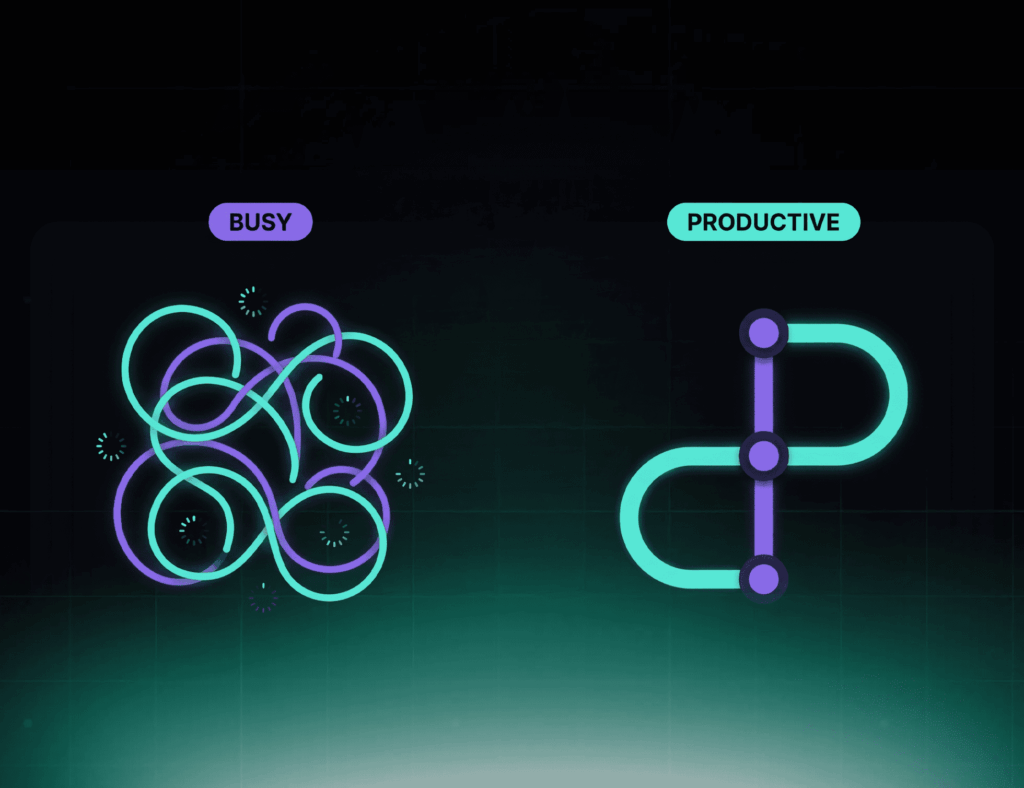The intersection of agile development and AI projects creates a compelling yet intricate landscape. As both methodologies redefine the software development domain, many industry experts advocate for the integration of flexible practices within AI initiatives. However, opinions on this matter are notably divided.
Some professionals caution against the potential pitfalls of applying flexible principles to AI, where requirements can shift rapidly and outcomes often remain unpredictable. This article aims to explore both sides of the debate, providing a comprehensive perspective on whether flexible methodologies are well-suited for AI projects.
Benefits of Flexibility in AI Development
One of the primary advantages of implementing flexible practices in AI development is the capacity to swiftly respond to evolving requirements. In AI projects, the landscape can change dramatically due to technological advancements or shifting market dynamics.
Flexible methodologies emphasize iterative progress and constant feedback, allowing teams to adapt their strategies and priorities in real time. This flexibility proves particularly advantageous when working with complex AI models that may require ongoing adjustments based on initial testing results.
Additionally, flexibility fosters a collaborative atmosphere where cross-functional teams can engage closely with one another. This collaboration is essential for AI projects, where input from data scientists, software engineers, and domain experts is vital for achieving success.
By cultivating a culture of flexibility, teams can enhance communication and knowledge sharing, leading to more innovative solutions and better alignment with project goals.
Challenges of Integrating Agile with AI
Despite the numerous potential benefits, there are also legitimate concerns surrounding the application of flexible methodologies to AI projects. One significant challenge is the inherent uncertainty associated with AI development.
Unlike traditional software projects, which often have more predictable outcomes, AI initiatives typically involve considerable experimentation and exploration. This unpredictability makes it difficult to define clear requirements upfront, leading to potential frustration among team members who rely on the structured timelines and deliverables that flexible approaches offer.
Moreover, the iterative nature of agile can sometimes conflict with the extensive data preparation and validation necessary in AI projects. High-quality, well-structured data is essential, and obtaining this can require significant upfront work, which may not easily fit into the framework of flexible sprints.
For project managers, software engineers, or AI specialists, understanding how agile methodologies can enhance adaptability and efficiency in AI initiatives is critical for delivering successful results. By exploring the dynamics of this relationship, you can determine whether adopting flexible practices aligns with your AI project goals and ultimately enhances your ability to meet project demands.






